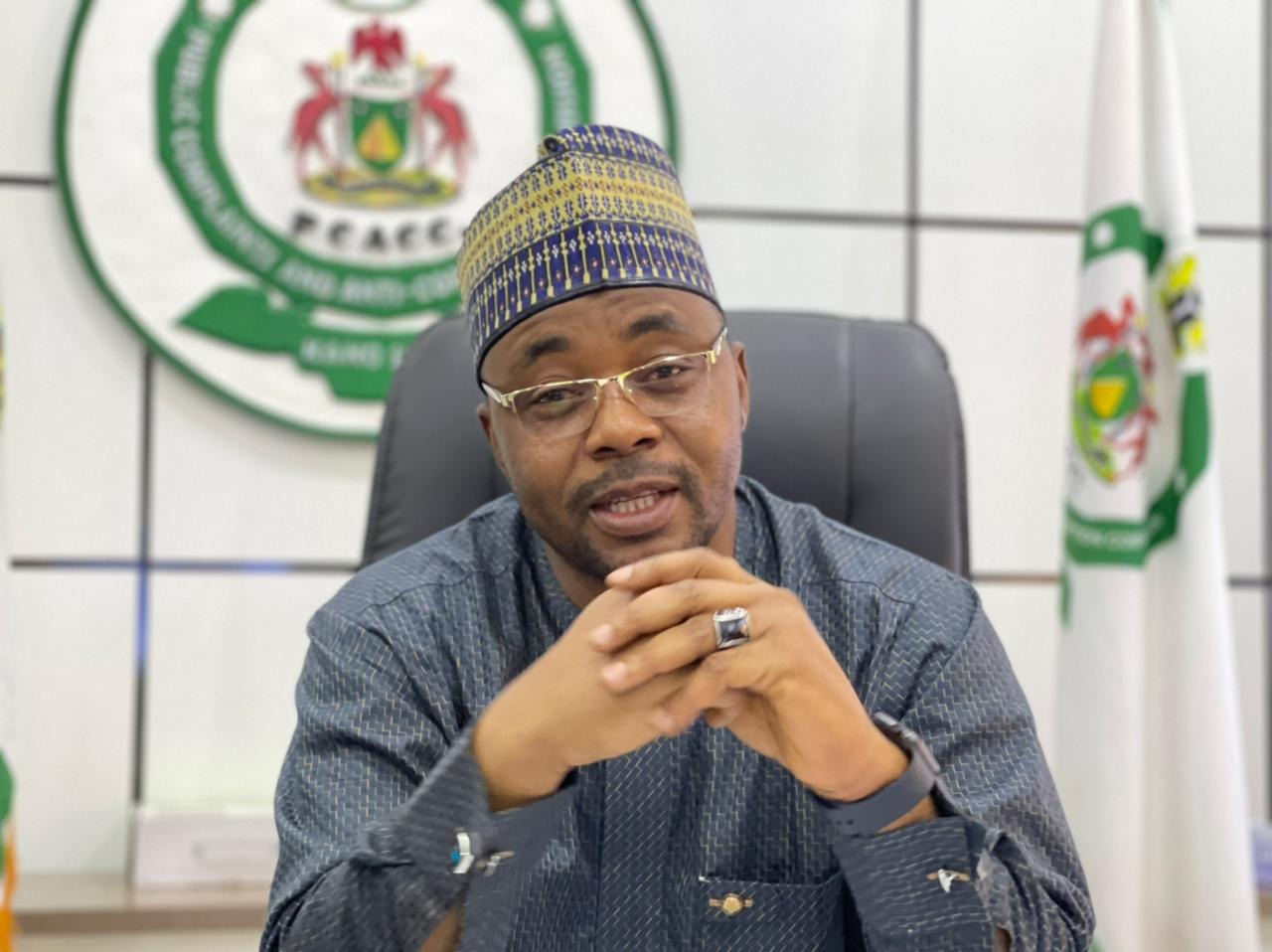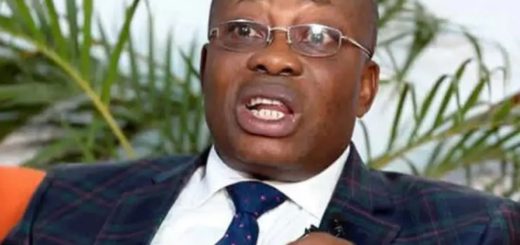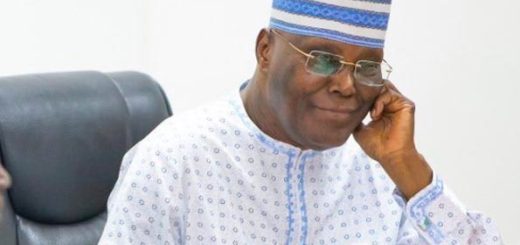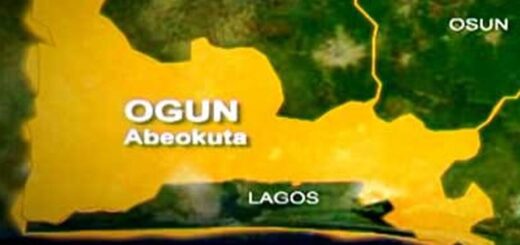Kano Anti-Corruption Chief Muhuyi Magaji Faces Police Arrest Amid Corruption Trial
 Muhuyi Magaji Rimingado, the Chairman of the Kano State Public Complaints and Anti-Corruption Commission (PCACC), found himself entangled in legal controversy after his arrest by the Nigeria Police, sparking a wave of public debate. The arrest, which occurred on Friday following an order from the Inspector General of Police (IGP), is believed to be connected to the ongoing trial of Bala Muhammad Inuwa, the former Managing Director of the Kano Agricultural Supply Company (KASCO), who is accused of embezzling over ₦4 billion in public funds.
Muhuyi Magaji Rimingado, the Chairman of the Kano State Public Complaints and Anti-Corruption Commission (PCACC), found himself entangled in legal controversy after his arrest by the Nigeria Police, sparking a wave of public debate. The arrest, which occurred on Friday following an order from the Inspector General of Police (IGP), is believed to be connected to the ongoing trial of Bala Muhammad Inuwa, the former Managing Director of the Kano Agricultural Supply Company (KASCO), who is accused of embezzling over ₦4 billion in public funds.
Inuwa, arrested in August 2023 by the PCACC, faces charges of criminal breach of trust, misappropriation of public funds, and making false statements related to the diversion of government money. His trial, which began in November 2023 at the Kano High Court, has been marked by legal challenges, including efforts to have certain judges removed and the request to withdraw police officers from cases connected to the trial.
The case took another dramatic turn in January 2025 when Inuwa accused the PCACC of violating court orders by seizing his properties, including agricultural equipment and vehicles, which he claimed were wrongfully taken in defiance of a High Court injunction. The PCACC, however, denied these allegations, arguing that the orders Inuwa cited were interim and had expired by 2024. The commission insisted that it was legally empowered to seize such properties during ongoing investigations, as per the Kano Anti-Corruption Law.
Two weeks ago, Magaji revealed that his commission had successfully prevented an attempt to relocate seized properties worth over ₦2 billion, which included trailers, trucks, and other agricultural implements. However, the arrest of Magaji followed shortly after, with allegations of misappropriating ₦4 billion and confiscating ₦2 billion worth of assets.
Magaji’s lawyer, Usman Umar Fari, decried the police’s actions, arguing that the arrest was an overreach and violated legal processes, especially since the complaints against Magaji were part of an ongoing court matter. In a statement, the Nigeria Police later clarified that Magaji was not arrested but rather invited for questioning related to a petition filed against him.
Magaji, however, denied these claims, describing the situation as retaliation orchestrated by those connected to the corruption case he is investigating. He stated that the arrest was part of an effort by corrupt individuals to disrupt his anti-corruption work and prevent the law from holding them accountable. He also accused certain law enforcement officials of complicity, revealing that his agency had faced repeated obstacles, including threats and interference from police officers and judges who, he believed, were sympathetic to the accused.
In a public address at a One-Day Dissemination Event for the Kano Open Government Partnership, Magaji reflected on the challenges faced by his commission in its anti-corruption fight, highlighting how corrupt elements had exploited the legal system to undermine his efforts. He revealed that despite the considerable evidence of misappropriation and money laundering linked to Inuwa and his associates, attempts were made to remove blocked funds and seize crucial property that was meant to serve as evidence in the ongoing case.
Magaji’s arrest and the legal battles surrounding it have sparked criticism from various groups, including the Civil Society Legislative Advocacy Centre (CISLAC), which condemned the arrest, warning that it undermined Nigeria’s efforts to combat corruption. Auwal Musa Rafsanjani, CISLAC’s Executive Director, urged the IGP to prevent the police from being used by political interests to shield individuals from legitimate investigations.
Concerns were also raised by Umar Hamisu Kofar Na’isa, the Executive Director of the Society for Educational Development and Socio-democratic Activities (SEDSAC), who speculated that the controversy might be linked to Magaji’s relationship with opposition parties. He stressed that the police must remain impartial and warned against bias in handling the case.
Hamisu further emphasized the importance of respecting court orders and due process, urging all parties to present their cases in court instead of engaging in public disputes. He called for transparency in the anti-corruption process to ensure the integrity of the fight against corruption and maintain public trust in the system.
As the case continues to unfold, all eyes remain on the legal proceedings, with many observers calling for fairness, transparency, and a firm commitment to upholding the law.













